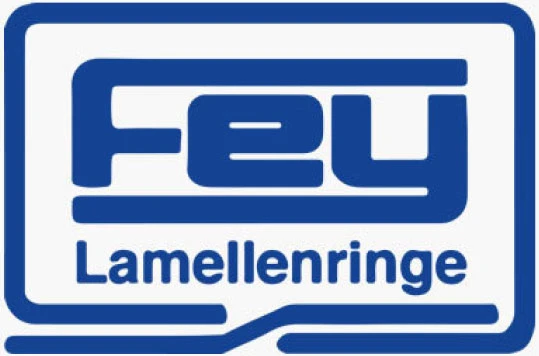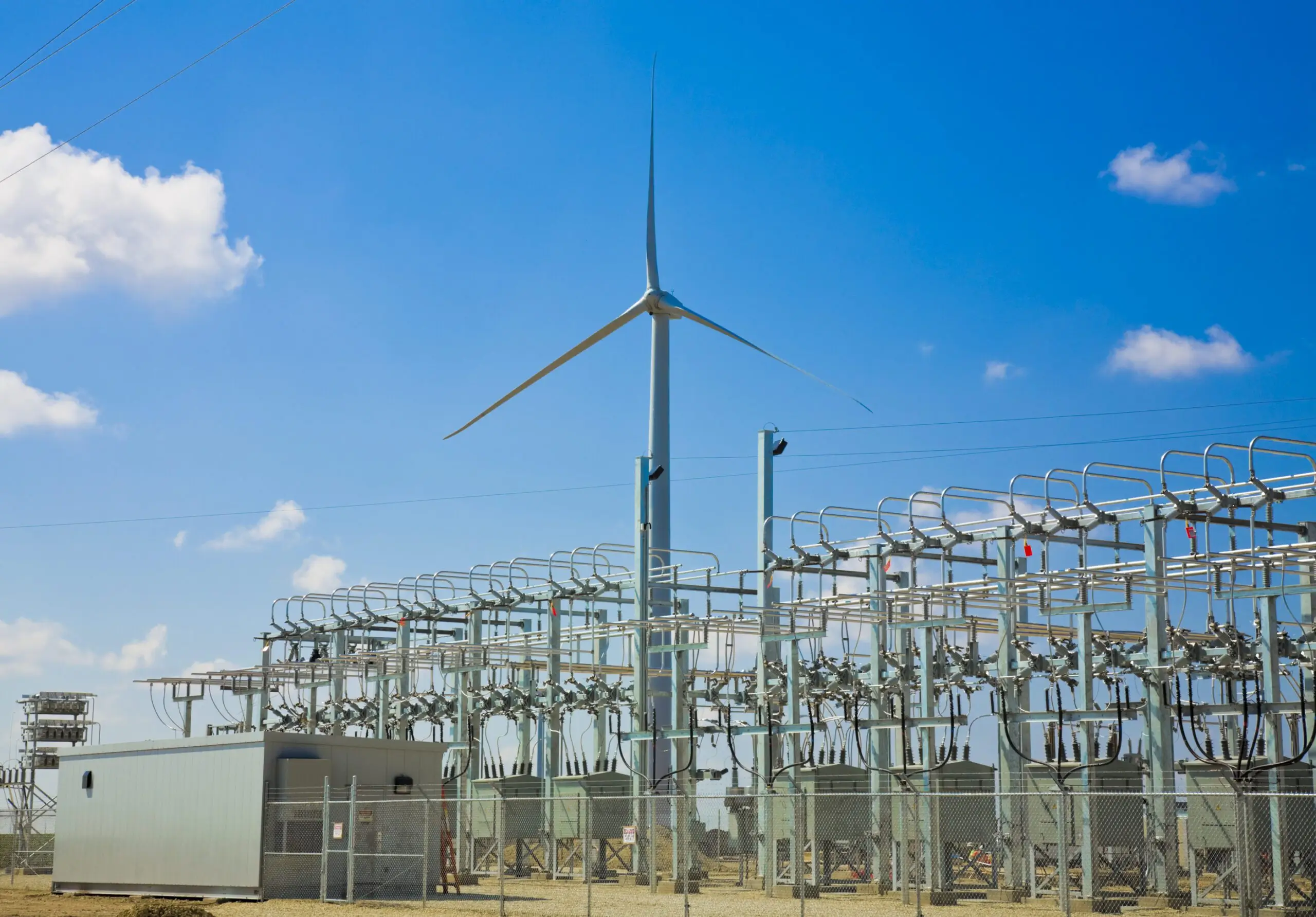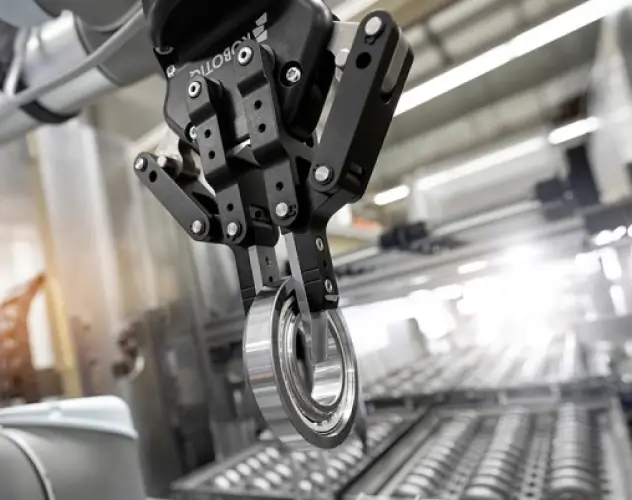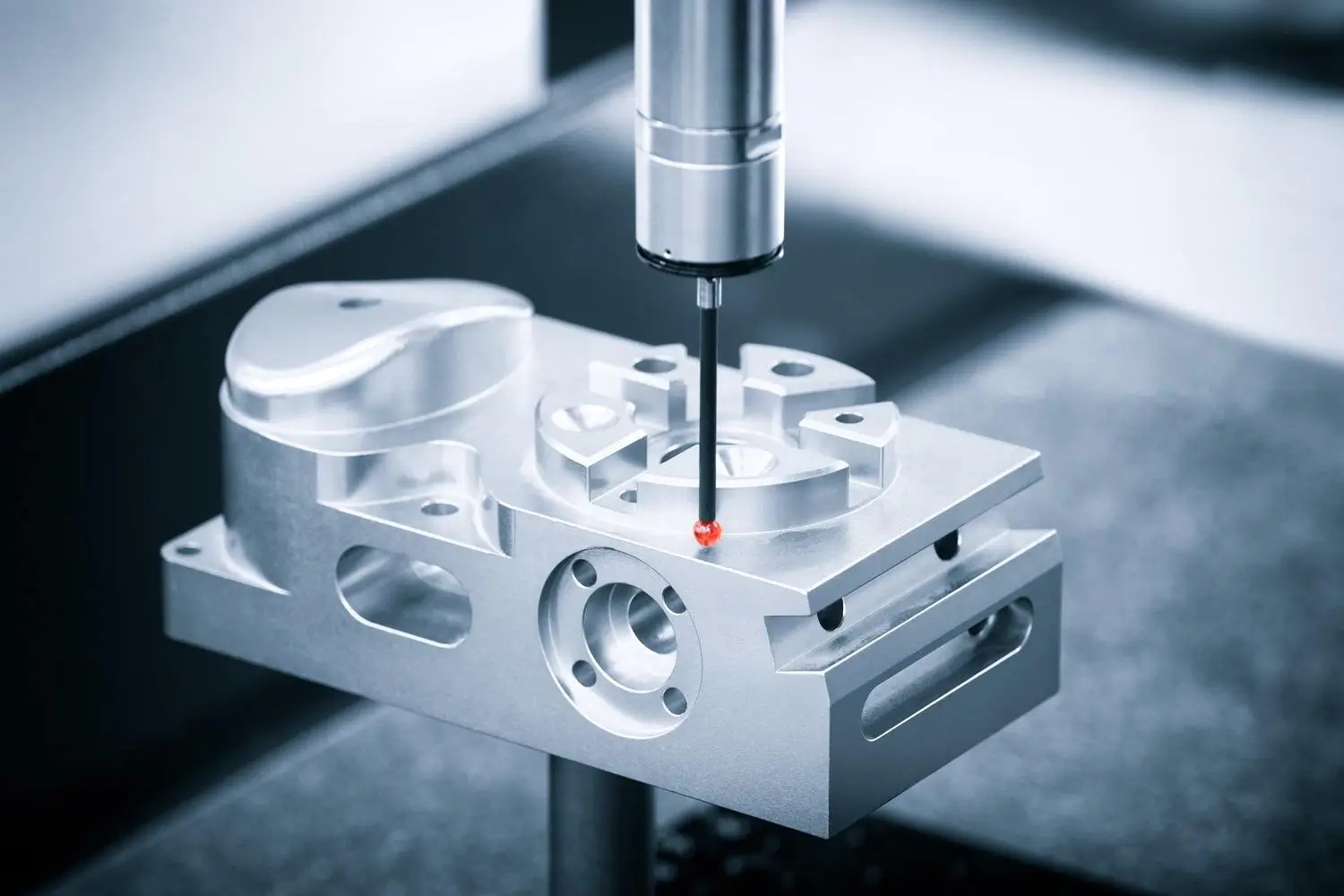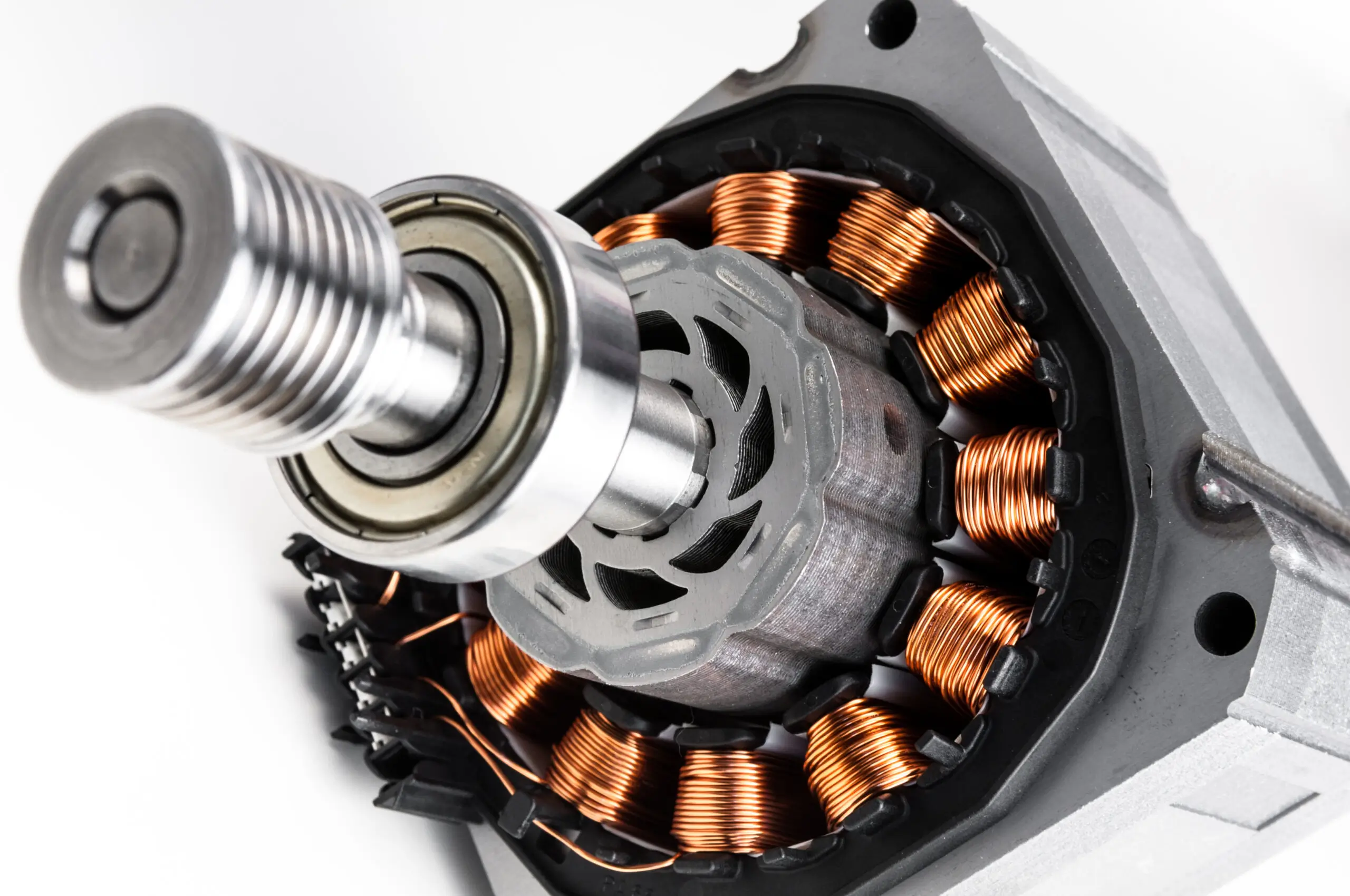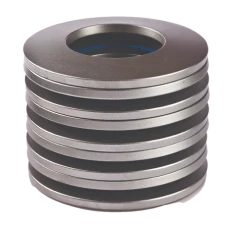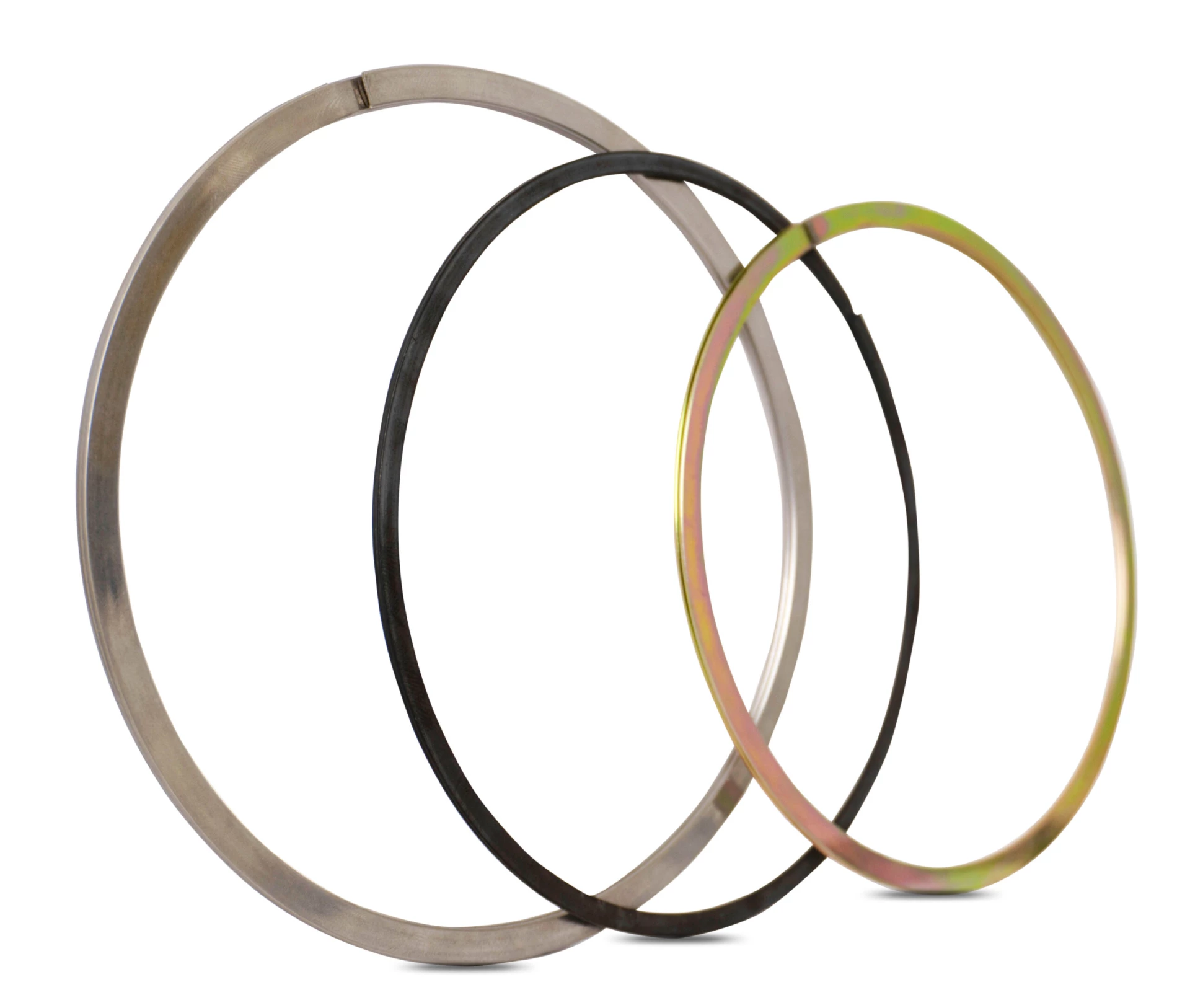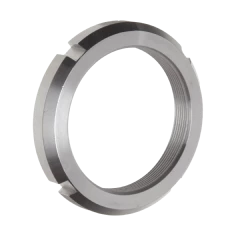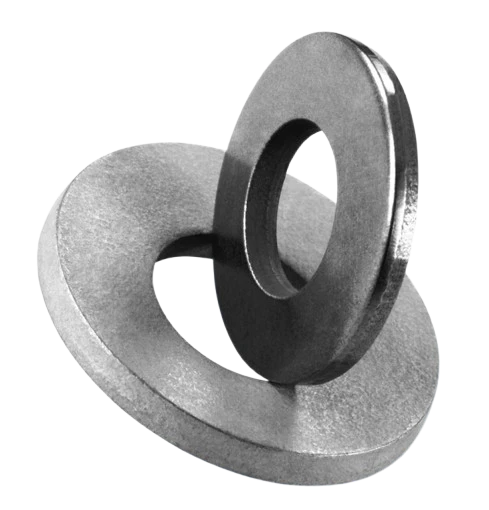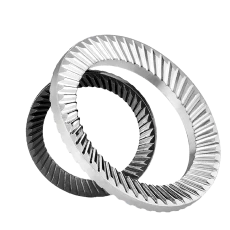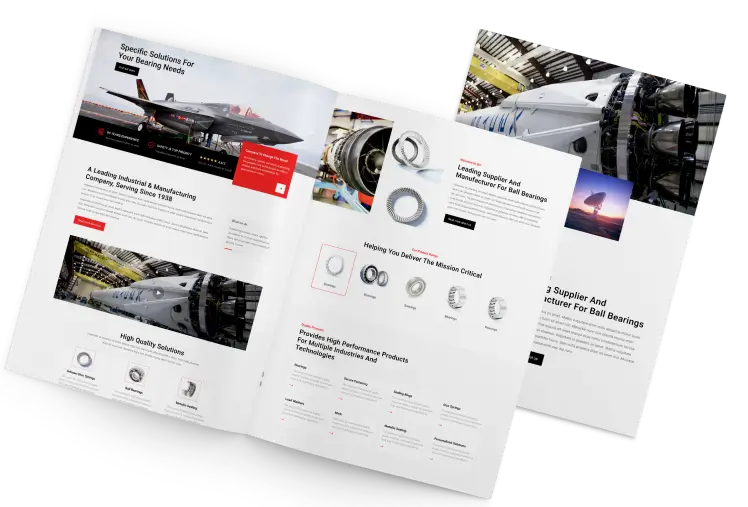RBC Thin Section Ball Bearings
PTFE 300SS Seals vs Elastomer Molded Seals
RBC thin section ball bearings are engineered to solve a variety of design problems that cannot be solved with conventional ball bearings.
General Information
PTFE/300SS SEALS VS ELASTOMER MOLDED SEALS
Many molded seals used in bearings are made out of nitrile (molded rubber per MIL-R-6855). The material has a relatively high coefficient of friction. In order to meet low torque bearing requirements, seal fit-up during installation must be adjusted to minimize contact pressure on the sealing surfaces – reducing torque by reducing sealing effectiveness. The inherent variability in the seal molding process can further aggravate these issues. Over time, torque fluctuations are nearly inevitable since seals may reset or the amount of iube between the seal and the sealing surface may change. Based on these performance characteristics, molded seals are often marginal and unreliable solutions for torque sensitive applications.
RBC’s solution is a combination seal-shield design. The seal is made from either pure PTFE (Teflon®) or glass fiber reinforced PTFE (Armalon®). PTFE is chemically inert, has a very low coefficient of friction (inherent lubricity), and provides the widest operating temperature range of any sealing material. The seal is held in place and shielded with a stainless steel (300 series) flat ring. The seal drag torque in this design is minimal, predictable, and consistent over time. RBC invariably recommends this design for all low torque or torque sensitive applications that require sealing. RBC can readily retrofit problematic molded seal designs with a PTFE/300SS optimized solution. For versions that cannot allow a seal, we offer a shield in its place.


